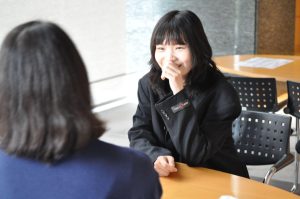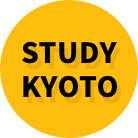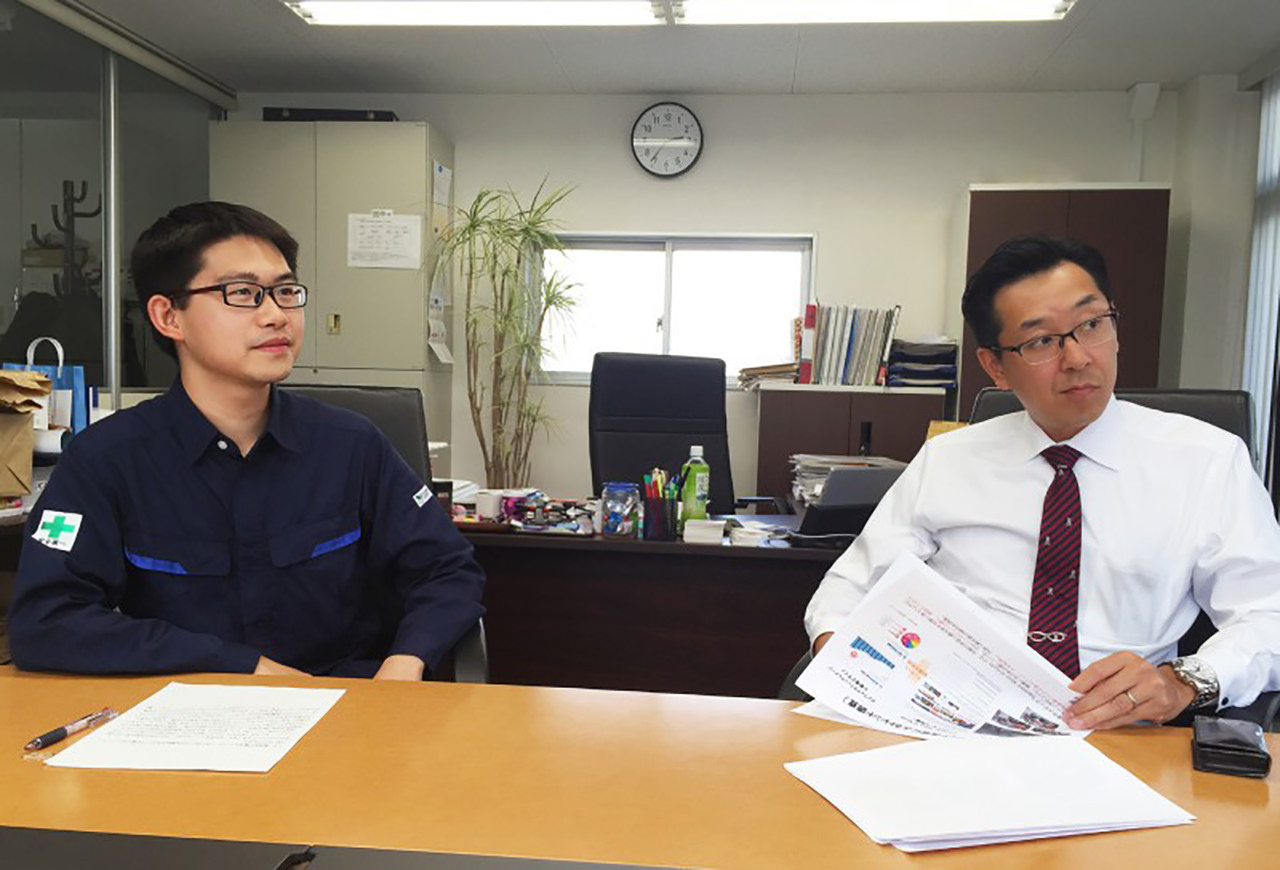My Japanese Job Hunting Experience: An Unorthodox Path to Employment
2023.02.22
Your job search was a bit unusual, but was there something you found difficult about job hunting in Japan?
“Hmm… well, I applied for a job making package designs at another small-to-mid-sized company, and I even interviewed there, but I didn’t get the job, and I took it kind of hard. It was a disappointing result, and it’s not common for Japanese companies to share their reasons for rejecting applicants, so it was hard not to know why.”
“That interview, and my interview with the company where I was hired were both held in person. I applied to two other companies, but it was during the middle of the pandemic, so my interviews were held online. That was another difficulty: there’s so much that doesn’t get across in an interview on a screen. The interviewers aren’t able to see my body language, and they aren’t able to get a proper impression of me. As an applicant, a Zoom interview also made it more difficult for me to get a sense of the company: on screen, I can only see a wall, or worse, a virtual background.”
What was easy about job hunting in Japan?
“To be honest, I wasn’t very nervous about my job hunt. Maybe it’s because I’ve been in Kyoto for a while, so I just approached the whole thing with a sense of calm. (laughs)”
“I feel the process of getting hired at my new company was easy. I shared my portfolio and other documents with them, and I think it made a good impression, because they asked me to come visit the company. I didn’t prepare anything and came only with myself, but we spoke frankly for a long while and it seemed like a good match.”
“After that, I received an email congratulating me on passing the first round of interviews. To be honest, I was surprised, because I hadn’t realized it was meant to be a formal interview. The second interview was more about my specific skills and what I could do.”
“I applied to similar types of companies where I thought my skills would be a good match [so maybe that’s why the process didn’t feel so difficult]. I didn’t need to spend much time wondering which pieces to include in my portfolio, for example.”
How did you gather information for job hunting?
“In Kyoto, there’s a job hunting fair for international students, Kyoto Job Park. I found a company there and did an internship with them. It went so well that I was also allowed to work part-time for them for a short period.”
“Other than that, I did a lot of my research online. I used a variety of different sites to look for companies in Kyoto. I wasn’t concerned about whether they were looking for Japanese applicants or international applicants, and I presented myself in the same way other Japanese applicants would. I just used the site categories to narrow down to the type of company where I wanted to work, and to companies within Kyoto City. I think it’s nice in the city, and it’s also easier for commuting. My new company is also located downtown, near the Manga Museum, the Shinpukan shopping area, and cafés, [so I’m excited about that]. Remote work may also be a possibility in the future.”

Do you have any advice for international students who want to work in Japan?
“Start gathering information early! That’s very important. Also, manners are very important in Japan, even online, so be sure to take care about the clothes you wear and your posture. It’s best to look up your company and see what kind of clothing is appropriate in that workplace. A design company like mine, for example, might be alright with a casual dress code, but many companies will expect you to wear a suit.”
“When people prepare their “self promotion” or resume, everyone’s going to be nervous. My suggestion is to make sure to apply to at least ten companies before your first choice. If you practice applying to ten, you won’t be nervous anymore. Each interview will help prepare you for the next one. Just be sure to make sure you leave the company you’re most interested in for last: if you don’t pass your early interviews with companies you’re less interested in, you won’t feel so down, and you’ll only get better at interviewing. That way you can apply to your favorite company when you’ve polished all your skills.”
“I have to think this way–I majored in information design! (laughs)”
While Xuan’s experience may not be the typical path, it just goes to show that there may be multiple paths to employment in Japan, depending on the type of place you hope to work, be it a multinational corporation, or a smaller company. Kyoto is home to both of these, and many more options in between, so be sure to do your research and be prepared to do the job search process you need to do. These pages are a great way to start:
My Japanese Job Hunting Experience (Another student account, this time from a French student in Kyoto)
What careers do international students in Japan aim for?
The Four Great Mistakes Made During Job Hunting
The SPI Test & Other Written Tests for Job Hunting in Japan: Advice from an International Student
Also be sure to check out Study Kyoto’s job hunting website for international students for the latest job hunting events in Kyoto!










